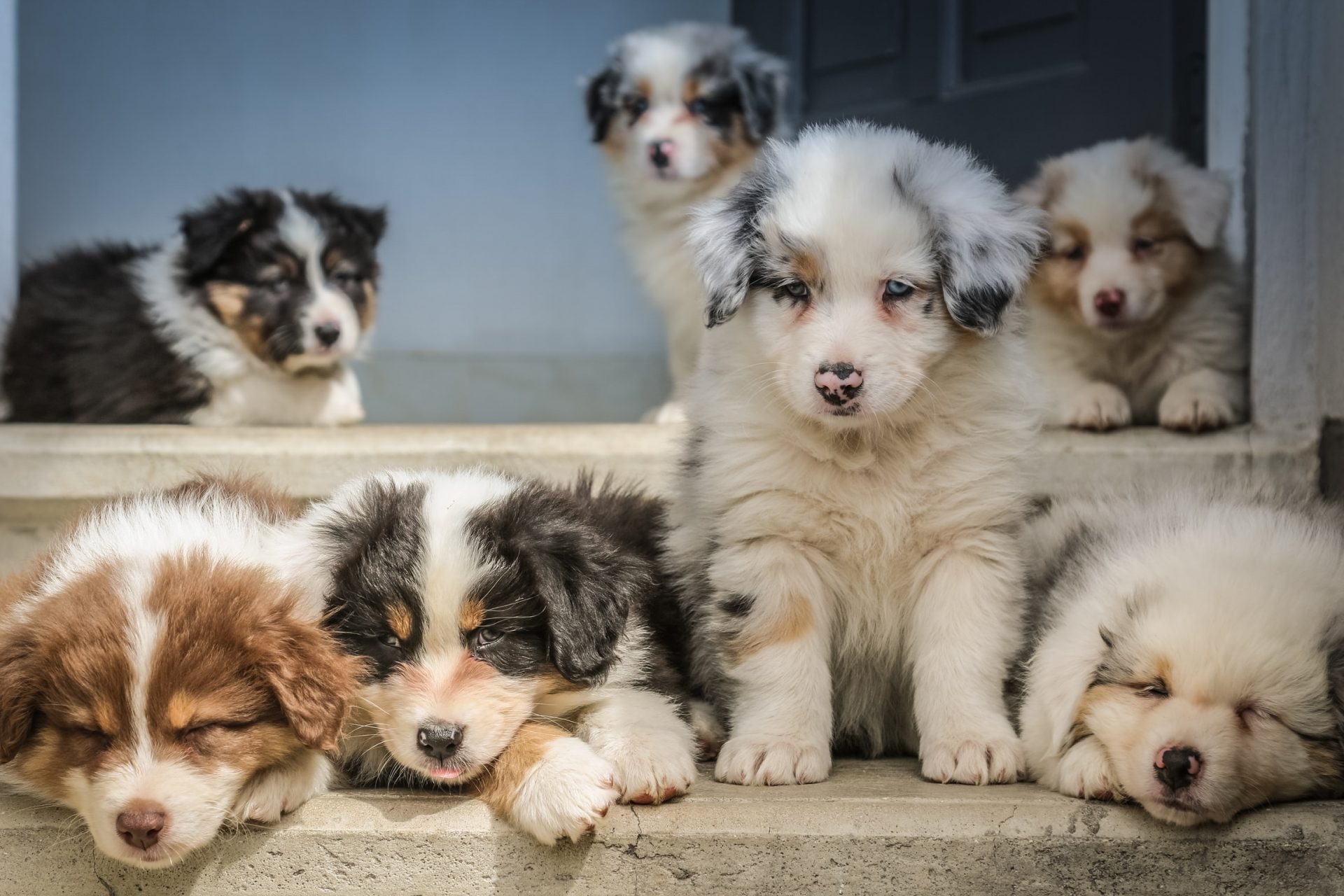The Covid-19 lockdown has led to an increased demand for companion animals, with some breeders irresponsibly turning to Facebook as a sales platform according to a BBC investigation. SSPSSR sociologist Dr Corey Wrenn, who specialises in human-nonhuman relations, has commented on how ‘industrialising companionship means death and disaster for vulnerable animals.’
She said: ‘Joe Biden, the new president elect of the United States, will be introducing his two German Shepherds Champ and Major to the White House in January. Reportedly, Biden adopted Major from the Delaware Humane Society after reconsidering the ethics of purchasing from breeders. Major will be the second adopted dog to ever occupy the White House, indicating a societal shift to a more compassionate world in which animals are increasingly seen as people rather than products.
‘The tumultuousness of 2020 has, unfortunately, opened up this compassion to exploitation. Pandemic profiteers have been hawking animals illegally online, cloaking their operations on social media platforms that have little capability for tracing or accountability. A BBC investigation has uncovered sales of puppies and kittens on Facebook, for instance, many of whom were underage or ill. The Facebook scandal is more than a matter of seller irresponsibility, however. There are fundamental ethical issues with commodifying animals for the pleasure and profit of humans.
‘The breeding industry supports a relationship of human domination over other animals. Furthermore, it contributes to the production of more and more companion animals despite the reality that millions upon millions of dogs and cats the world over are, at this very moment, cowering in lonely shelters or scrambling for survival on unforgiving city streets.
‘Industrialising companionship means death and disaster for vulnerable animals. The RSPCA reports having received over a million calls for help in England and Wales 2019 alone. There is more work than welfare agencies can keep up with. Thousands of healthy dogs and cats are killed every year as a result. Those hoping to bring a dog, cat, guinea pig, hamster, rabbit or any other animal into their home should contact their local shelter—if they are unable to accommodate, they have networks to aid your search. The extraordinary circumstances of 2020 have made adoption more difficult, but purchasing animals from the internet is not a just alternative.
‘Too many well-meaning individuals will, on one hand, love companion animals like family members, while, on the other, outright purchase them like chattel. Dogs and cats should not be conceived of as lockdown hobbies to be bought online like gardening supplies or musical instruments. They are living individuals with interests of their own. Breeding can never be “responsible” so long as we disregard their agency. Nor can it be ethical while so many animals who are hidden from our view are destroyed every day to make way for the new season of designer puppies and kittens.’
Dr Corey Wrenn’s research builds on social movement theory to explore relationships between humans and other animals and animal liberation efforts. Her work also explores the role of factionalism in social movements under the shadow of movement professionalisation. Frequently, she prioritises feminist theory to examine animal rights mobilisation efforts. She is a Director of the Centre for the Study of Social and Political Movements at Kent.

